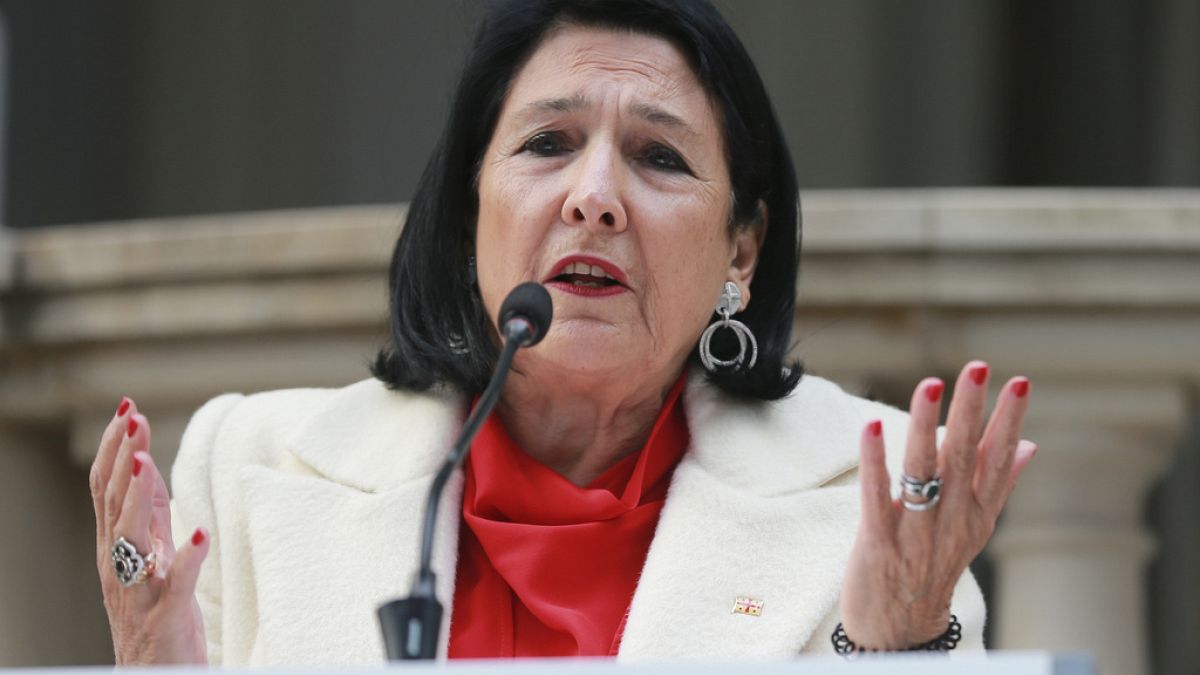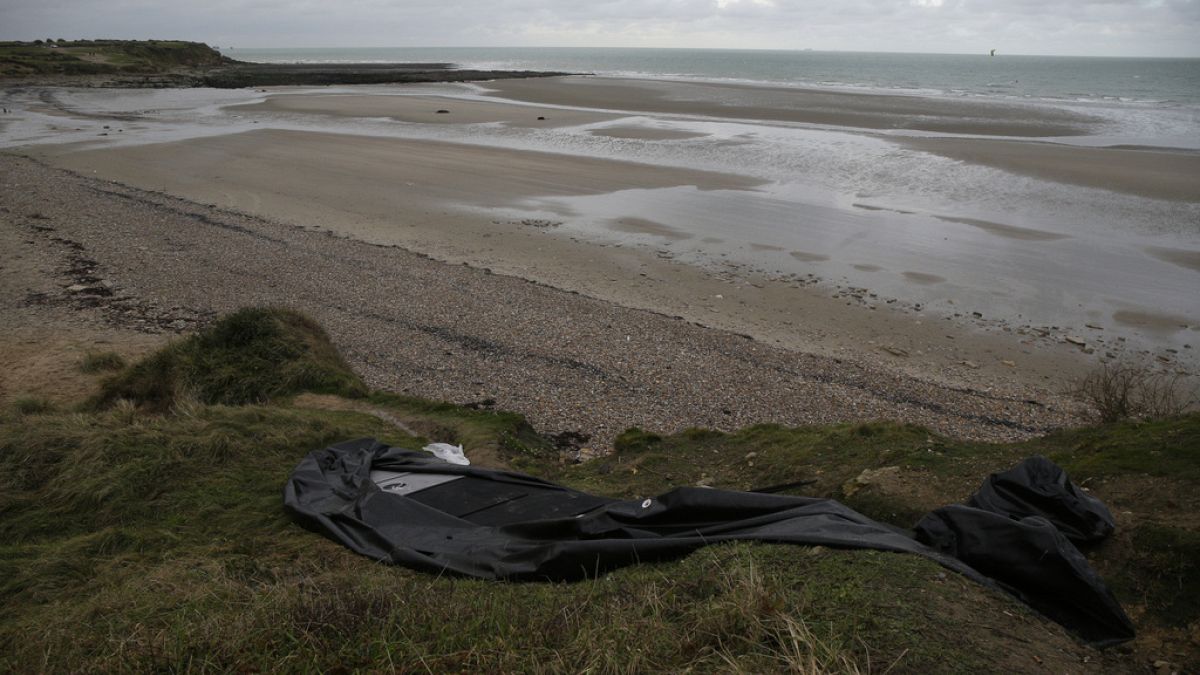France's parliament has adopted a special law to prevent a government shutdown as a temporary measure to maintain core state functions. The country's Senate passed the law on Wednesday after it went through the National Assembly on Monday.
As France waits for its newly appointed Prime Minister, François Bayrou, to form a new government, its parliament has adopted a special law to make up for the absence of a budget for 2025.
The National Assembly had already unanimously adopted the text on Monday, and the Senate followed suit on Wednesday, bringing the bill to the end of its parliamentary term. It will therefore be promulgated before 31 December.
The special law will enable the executive to levy taxes and borrow to finance the state's core functions.
Bayrou said last week that he faces a "Himalayan" struggle to tackle France's deficit. The country faces pressure from the EU's executive body and financial markets to tackle its huge debt, estimated to hit 6% of GDP this year.
Former PM Barnier's budget bill, which aimed to raise taxes and cut spending to the combined tune of €60 billion, was roundly rejected by the far-right and the left.
Bayrou's priority will be passing emergency legislation to roll over the 2024 budget, then start negotiations for next year's budget, which will likely happen in January at earliest.
French banking stocks fell after Moody’s downgrade on seven banks’ ratings amid the ongoing political turmoil. Both French government bonds and its stock markets experienced sell-offs due to souring investment sentiment.

 1 week ago
7
1 week ago
7






 We deliver critical software at unparalleled value and speed to help your business thrive
We deliver critical software at unparalleled value and speed to help your business thrive






 English (US) ·
English (US) ·